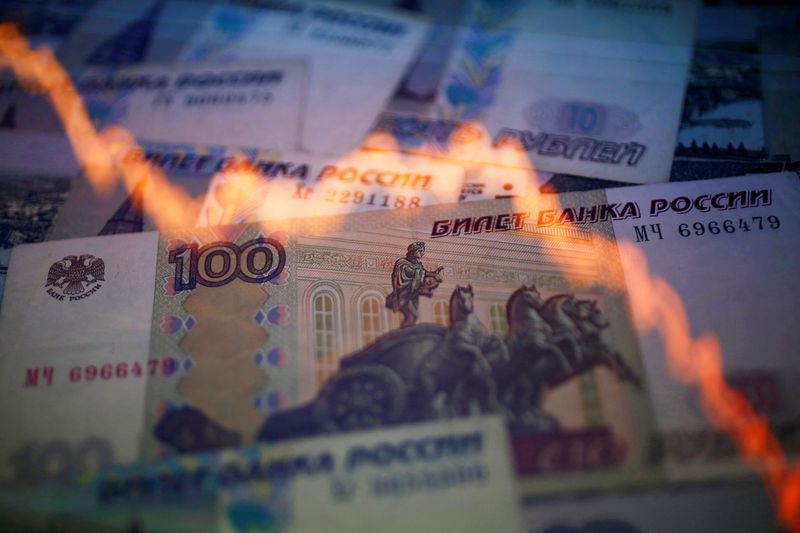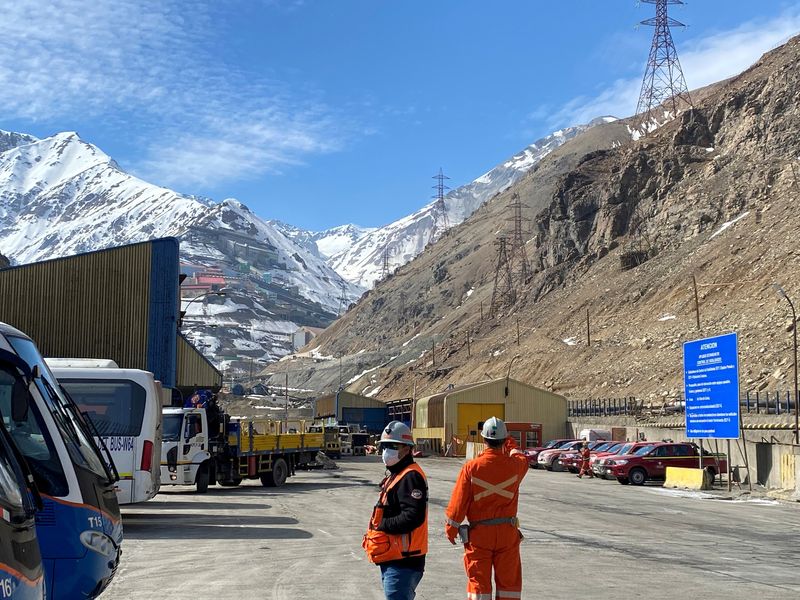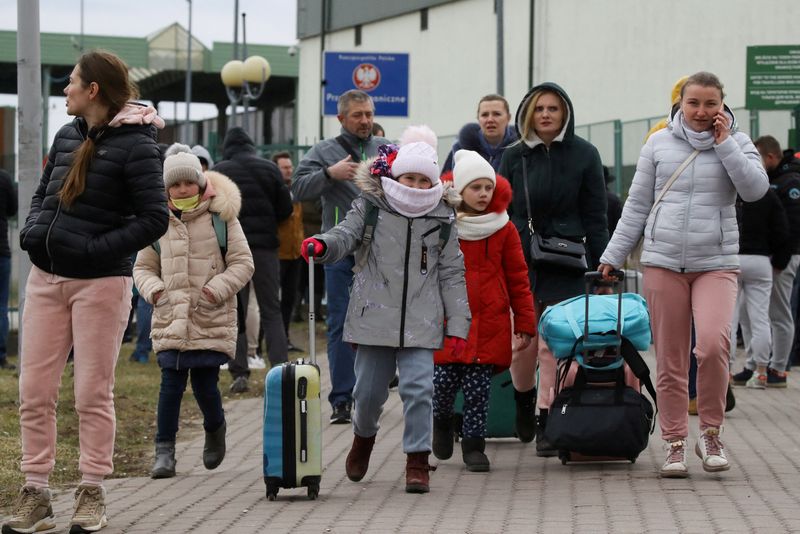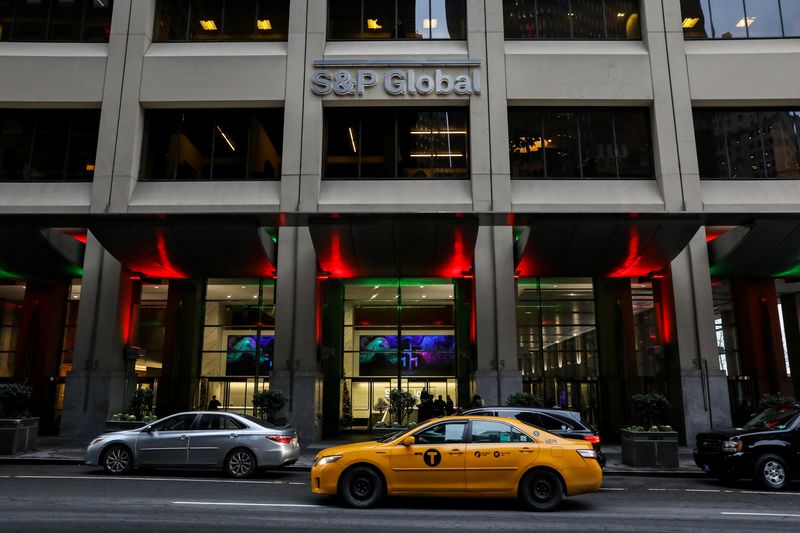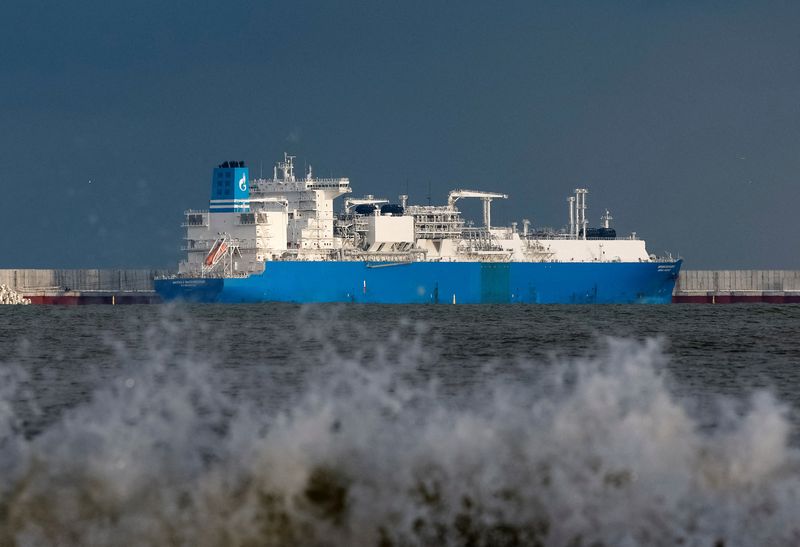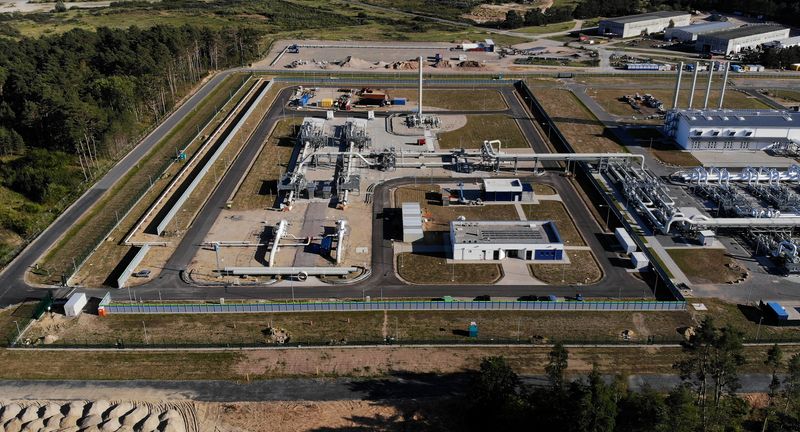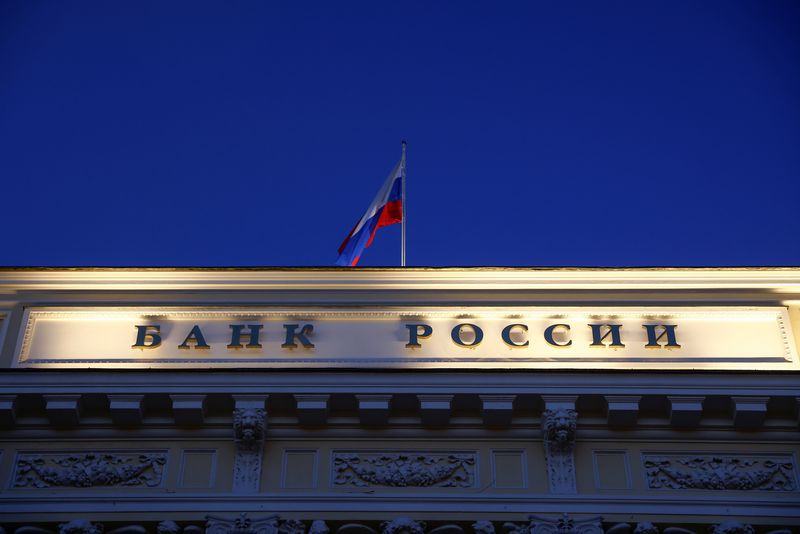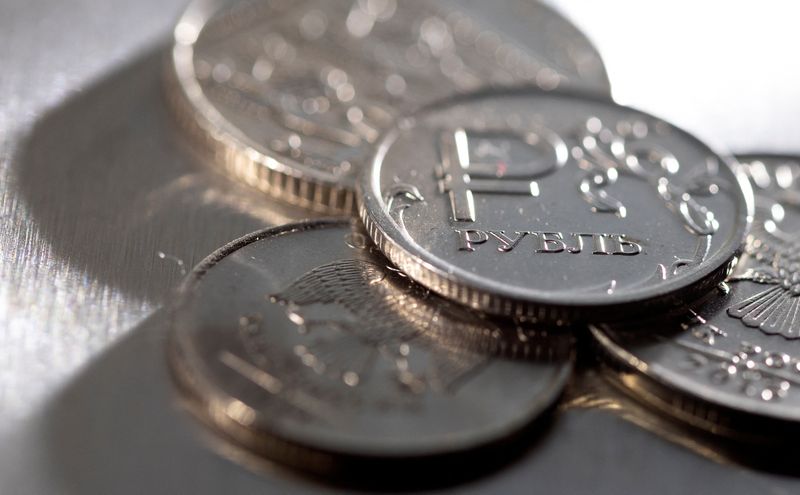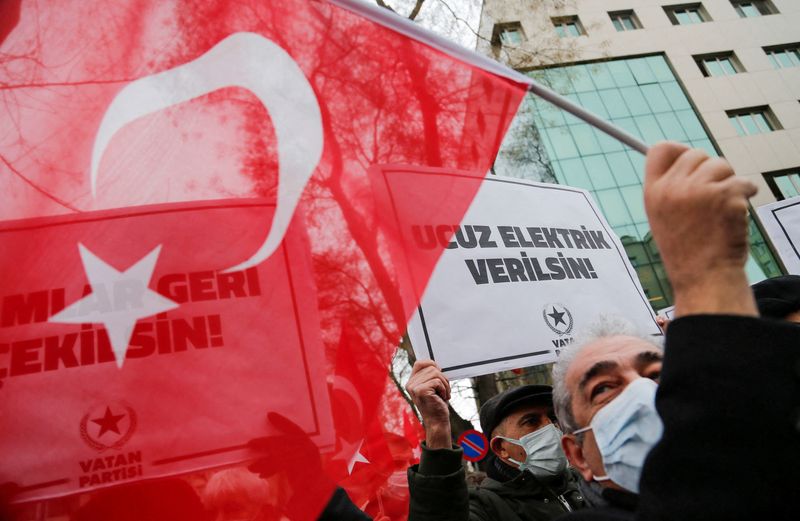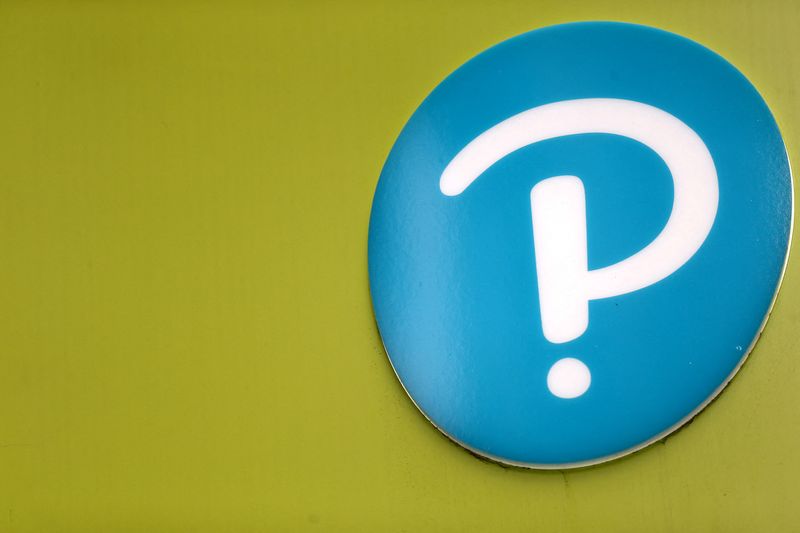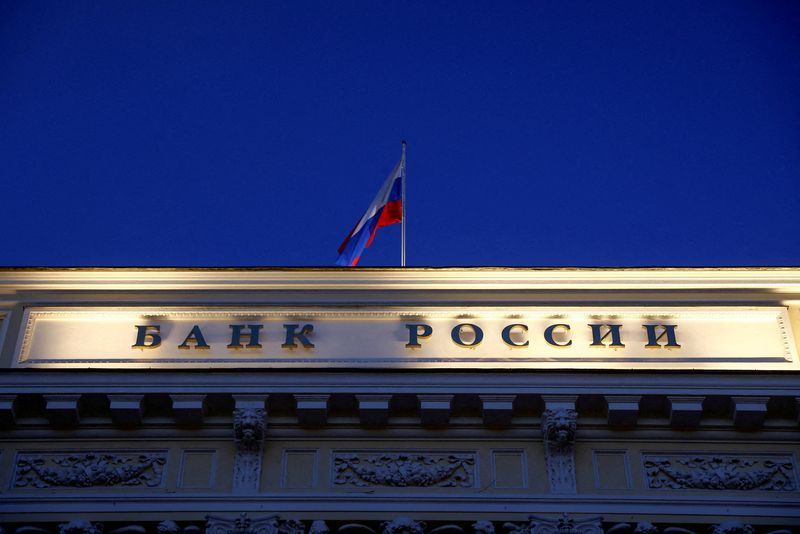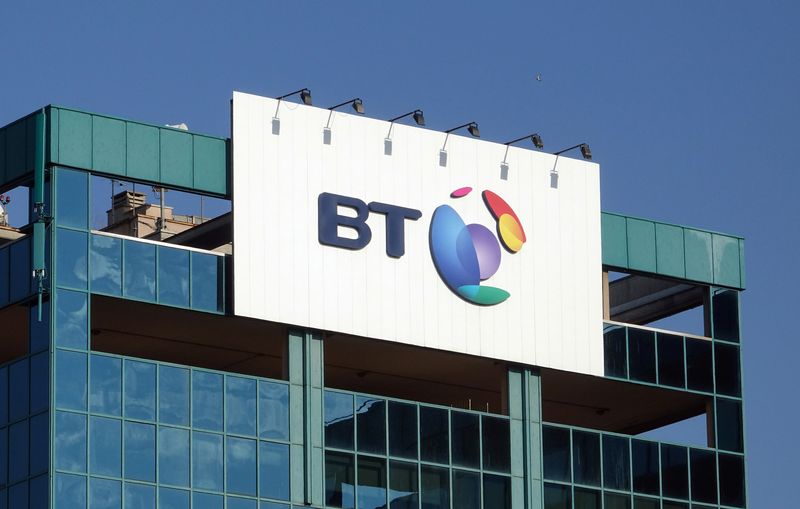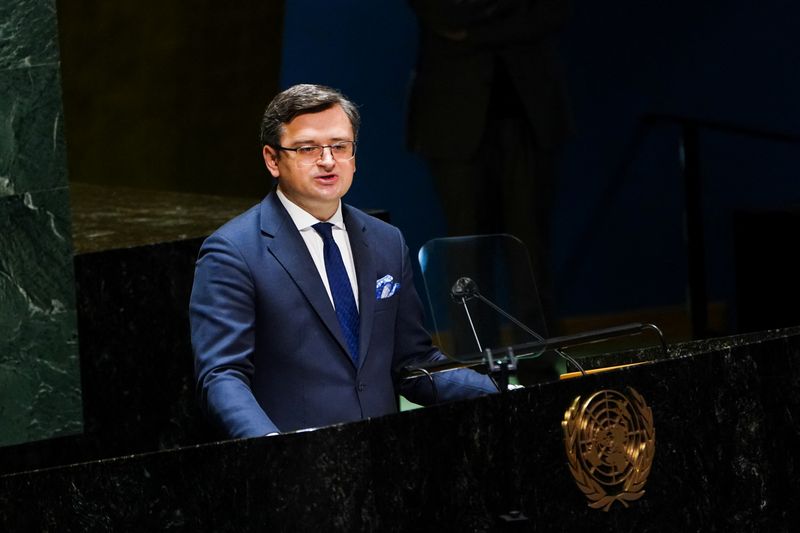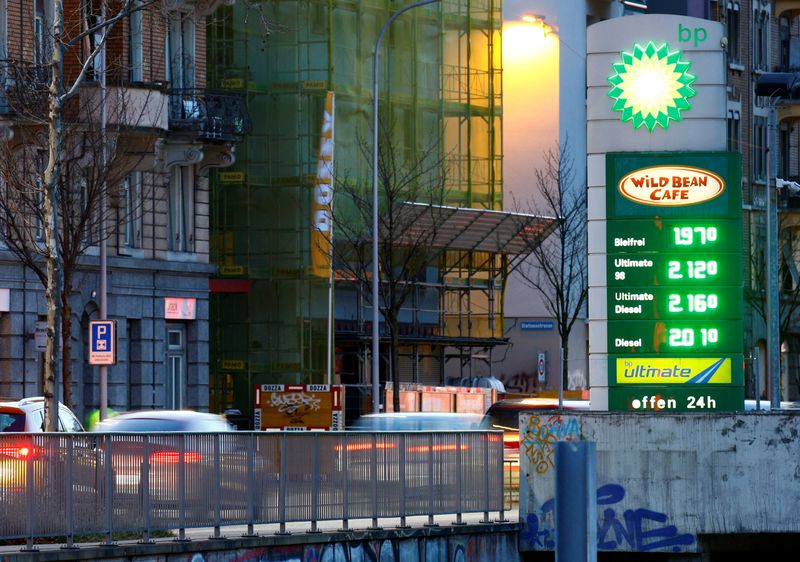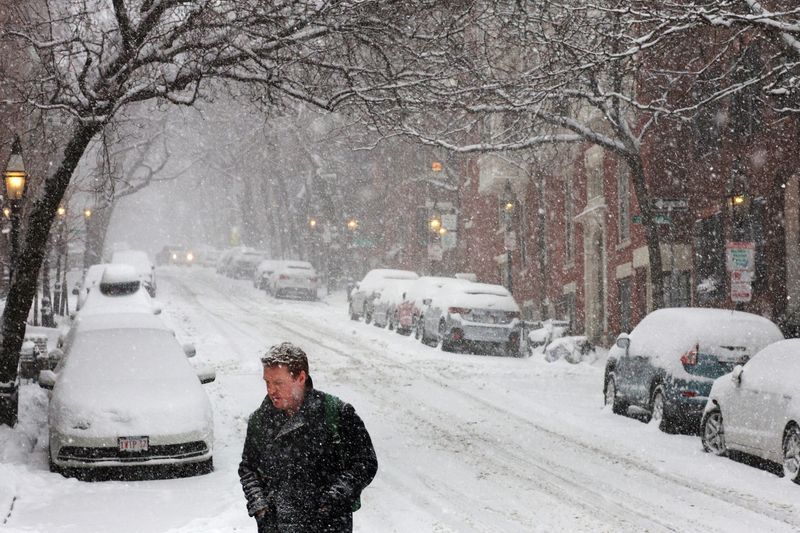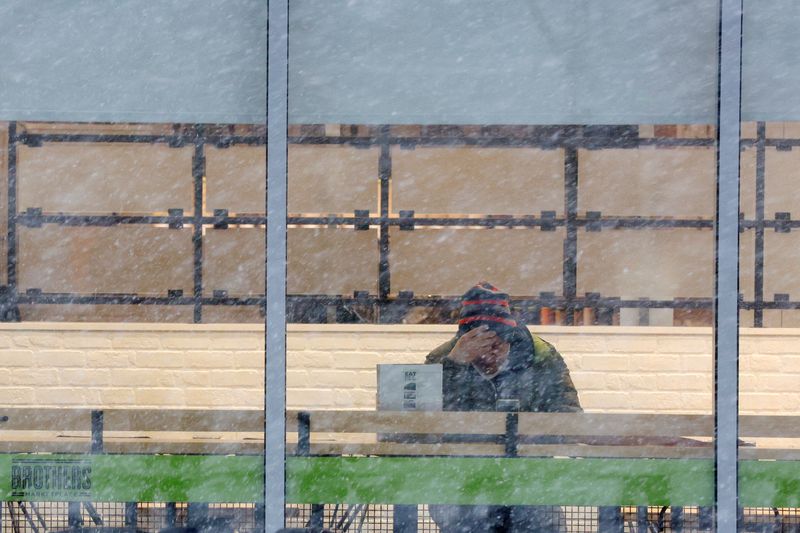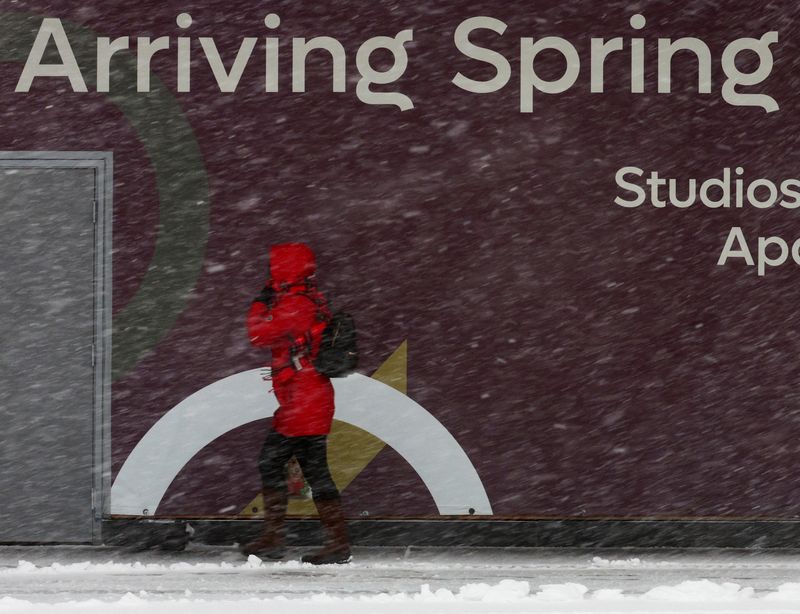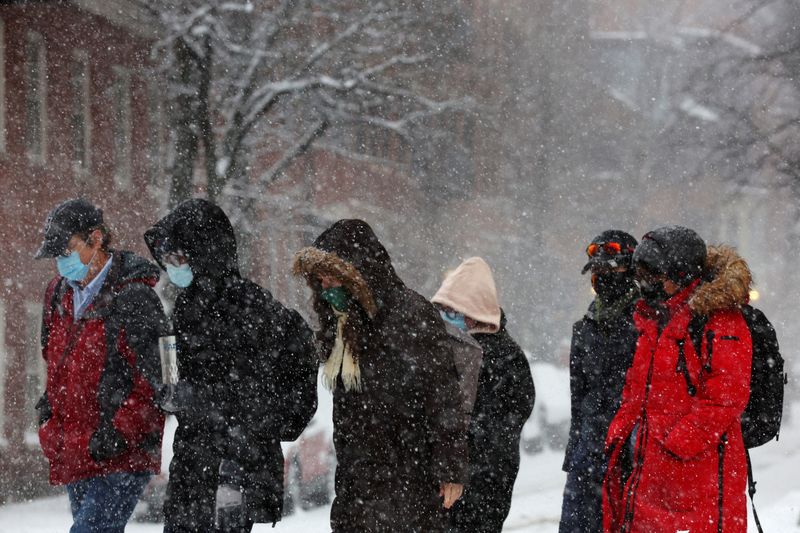By Mark John
– Western economic sanctions to punish Russia for its invasion of Ukraine heap a new set of unknowables on a global economy already distorted by the coronavirus pandemic and a decade of ultra-cheap money.
The bid to exclude from the trading system whole chunks of the world’s 11th largest economy — and supplier of one-sixth of all commodities — has no precedent in the globalised age.
Sanctions unveiled so far will hit Russian banks’ business in dollars, euros, pounds and yen. U.S. export curbs will restrict Russian access to electronics and computers while European capitals are fine-tuning similar export controls and measures to target the energy and transport sectors.
For now, they won’t condemn the Russian economy to anything like isolation: the gas on which Europe depends will keep flowing and Russia’s banks will retain access to the SWIFT global bank messaging system.
But further punitive measures remain possible, while the chaos of conflict and prospective counter-measures by Moscow make it likely there will be some decoupling of the Russian economy and its huge resources.
“The war, sanctions, and the likelihood of meaningful retaliation by Russia together will likely cause a material global recessionary shock,” political risk consultancy Eurasia Group said in a note.
“Sanctions on Russian banks and trade will likely cause meaningful disruptions to global trade and financial relationships with far-reaching effects.”
The initial impact will be modest, especially after two years of COVID-19 which have seen a global recession give way to a stimulus-fuelled growth spurt that created labour shortages, inflation and global supply chain bottlenecks.
Oxford Economics said it now sees global inflation this year at 6.1%, up from 5.4%, citing the impact of sanctions, financial market disruption and higher gas, oil and food prices.
While that will add to cost-of-living worries, Oxford reduced its forecast for global output growth by a modest 0.2 points to 3.8% this year and by just 0.1 points to 3.4% in 2023.
That small dose of “stagflation” is a headache for central banks trying to reduce stimulus and return base rates to something like normal after a decade near zero.
But for now, the consensus is that tightening can cautiously go ahead.
PIVOT
More profound structural changes will depend on how the sanctions impact plays out in time, notably in the domains of commodities, energy and finance.
Even without excluding Russian banks from SWIFT, the mere whiff of legal consequences for any Western bank found to have breached sanctions could have a “chilling effect on business”, one specialist lawyer told Reuters.
The same goes for other financial services.
“Brokers are already being instructed by their compliance and market security committees to cease the use of currently approved Russian insurers and find alternative insurers for new (re)insurance policies,” said Ben Sheppard, senior research analyst at insurance investment adviser Argenta Private Capital.
How sanctions will apply to Russia’s vast energy and commodity resources remains opaque.
Russia produces 10% of global oil and supplies 40% of Europe’s gas. It is the world’s largest grains and fertilisers exporter, top palladium and nickel producer, third-largest exporter of coal and of steel, and fifth-largest wood exporter.
Amrita Sen of Energy Aspects think tank said for now the measures appeared to give Russia some leeway.
“The financial sanctions are designed in a way to allow energy-related payments to continue,” he said, adding he also expected some exemptions for metals and agricultural goods.
“We just don’t see the West having enough appetite for sanctioning Russia at a time when inflation is already super high and energy and food prices are both elevated.”
U.S. President Joe Biden has said the sanctions are designed to have a long-term freezing effect on Russia’s economy. So how might Moscow respond to that creeping isolation?
Its Economy Ministry said on Friday it had expected the sanctions pressure faced since Russia’s 2014 annexation of Crimea to intensify, and that it plans to step up trade and economic ties with Asian countries.
Such a pivot would depend notably on Beijing seeing an interest in a China-Russia trading bloc that could emerge as a viable alternative to Western channels.
“It could force companies to have two separate supply chains to serve each one,” Jacob Kirkegaard at German Marshall Fund said of a development that would reverse decades of attempts to streamline trade channels for efficiency.
Coming after the pandemic-era supply chain problems, that could exacerbate price hikes and goods shortages which are hurting the world economy.
But whether that becomes structurally higher inflation and long-term scarcity depends on how others react. Optimists argue it could be a wake-up call for other big economies to take a look at their strategic interests and economic weaknesses.
“Europe will need to suffer increased prices for oil and gas because of the Russian invasion of Ukraine and the resulting Western sanctions,” said Hung Tran at the Atlantic Council think tank.
“If Europe uses this moment to truly diversify its energy sources, it could insulate itself from future shocks planned by the Kremlin.”
(Additional reporting by Dmitry Zhdannikov, Caroline Cohn and David French in London; Philip Blenkinsop in Brussels; John O’Donnell in London; Ekaterina Golubkova in Moscow; Editing by Catherine Evans)
